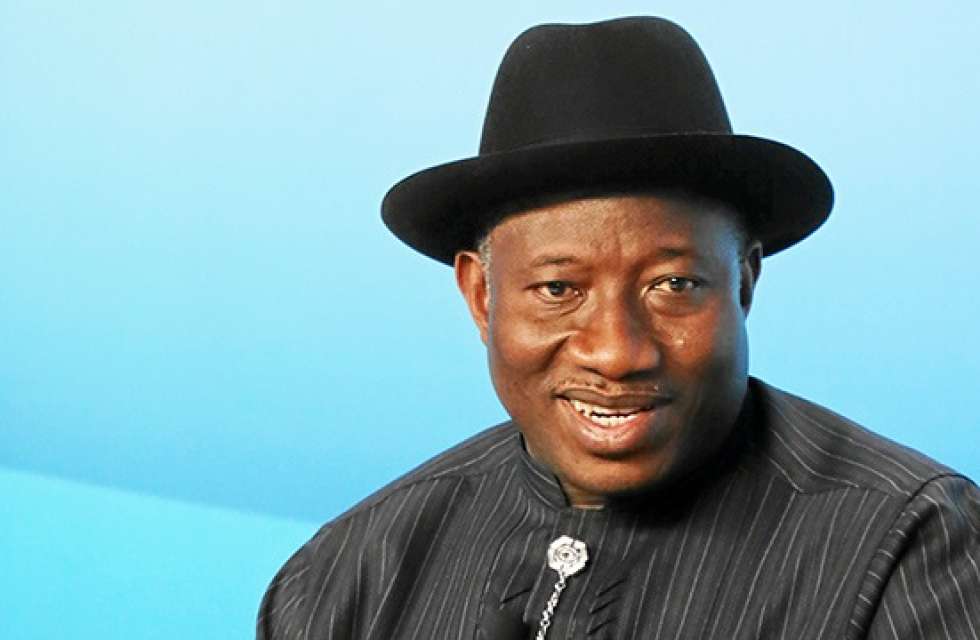The Federal Inland Revenue Service (FIRS) said it generated N12.62 trillion revenue from tax in the last three years.
FIRS said this in a document on its achievements, a copy of which was made available to the News Agency of Nigeria (NAN) by the Head, Communications and Servicom Department of the Service, Mr. Wahab Gbadamosi in Abuja. The breakdown of the amount showed that N3.3 trillion was generated in 2016, N4.02 trillion in 2017 and N5.32 trillion was realised in 2018, making it the highest revenue generated in the last three years.
According to the document, the FIRS, under the leadership of Babatunde Fowler, designed initiatives to ensure a robust tax administration that is beneficial to all stakeholders.
The organisation said non-oil tax revenue increased to N2.149 trillion in 2016, N2.5 trillion in 2017 and N2.852 trillion in 2018. The document quoted Fowler as saying: “The achievements mentioned above also demonstrates the diversification of the Nigerian economy by the Federal Government. “This does not mean that we have left behind the oil tax revenue.
It grew from N1.15 trillion in 2016 to N1.52 trillion in 2017 and N2.52 trillion in 2018. Nonoil tax revenue is still over in excess of the oil tax revenue. “We also do collect four per cent in terms of cost of collection, but only for non-oil revenue collected. On oil revenue collection, we do not get any commission and we have been able to make sure that our services are more efficient and convenient to taxpayers.
“This has brought about a considerable reduction in the cost of collection of actual taxes. “In 2016, it was 2.6 per cent, 2017, 2.49 per cent and 2018, 2.14 per cent, meaning that our actual cost of collection is heading downwards based on the efficiency and technology that we are deploying to tax collection. “Some of the ICT initiatives that we have continued to build on are the e-payment channels which makes it convenient and easy to pay taxes anywhere in the world and to also download receipts of payment from any point one so desires,” he said.


